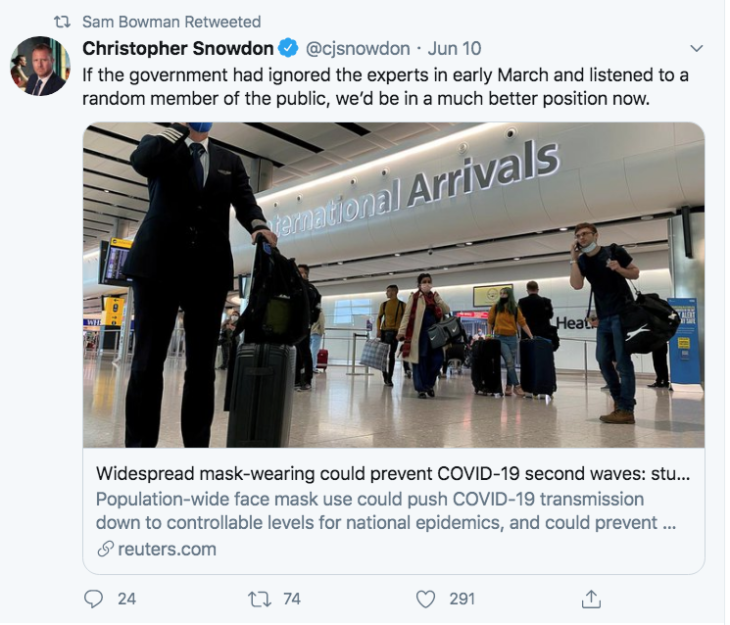Bryan Caplan did a recent post discussing Garett Jones’s new book, which advocates “10% less democracy”. I have not read the book, but this caught my eye:
7. Garett’s chapter on the EU greatly surprised me. Given his vocal skepticism about low-skill immigration in general and refugees in particular, I expected him to concede that the EU needs at least 10% more democracy. Instead, he argues that the EU is underrated. The European Central Bank works well, and “while the EU may get press for making it illegal to put little unmarked bottles of olive oil on your restaurant table, it’s reasonable to believe that joining the EU helps your nation’s economy overall.” The EU, in Garett’s phrase, is a “pro-market club.” While he concedes that fear of immigration partially motivated Brexit, the untold story is that the UK didn’t benefit much from the EU because the UK is one of the most pro-market members of the club.
Not only does the ECB not “work well”, it’s been an almost unmitigated disaster. It is an almost perfect example of project that reflected the wishes of elite technocratic opinion, but which turned out very badly. ECB policy largely explains the Eurozone depression of 2008-13.
Sam Bowman directed me to another example. Elite opinion discouraged mask use in the early stages of the epidemic, while uninformed people (like me) asked why masks were effective for medical workers but not average people. We now know that the common sense view was correct and the elite view was wrong:

It is plausible that elite opinion is better, on average, than the average view. But that does not necessarily imply that we’d be better off with less democracy, as there is no guarantee that the reduction in democracy would be filled with the right sort elite opinion. After all, dictatorships have close to 100% less democracy, and most certainly don’t rely on elite opinion. So I remain agnostic but a bit skeptical of the claim that less democracy would be better.